Catalunya and Catalan nationalismI fell in love with Catalunya the first time that I visited. The people of Catalunya remind me of Panjabis in so many ways. Their openness and welcoming nature is coupled with a fierce independence and cultural identity that is remarkably similar to Panjabis, and Sikhs in particular. The relationship of Catalans with the Spanish state is also similar to the relationship of Panjabis with India. Both regions have elements of a shared history with their respective states, but differences in language and culture effectively make them a nation within a nation. I returned a number of times to Catalunya, including attending a Summer School at the Barcelona Graduate School of Economics, and each time I felt an increasing attachment with the area. Not only do the Catalan people remind me of Panjab, but the city of Barcelona has a large Panjabi population, and I was surprised to see just how many Sikhs now call the city their home. Even more impressively, I spoke to the Giani of a local Gurdwara who told me that not only do the locals treat them with respect, but they actually attend the Gurdwara in large numbers on weekends as part of yoga retreats where they learn about, and respect the Sikh belief system. It's this love for Catalunya that had me so interested in the recent Catalan independence referendum, a vote that highlighted to me many similarities with the independence movement for Panjab in India. Pre-democratic SpainPresent-day Catalunya was historically part of the Crown of Aragon, a larger part of the Kingdom of Aragon, and along with the Kingdom of Castille, it was one of the two major kingdoms of post Reqonquista Spain. Under the Aragonese, Catalan identify, language and culture was given a significant amount of autonomy and was allowed to flourish. Following Spanish unification in 1469, the Crown of Aragon united with the Kingdom of Castille and power began to move to, and then centralise under, Castilian hegemony. However, Catalan culture continued to develop its own independent identity and the area retained some form of autonomy. This autonomy was abruptly ended following the War of the Spanish Succession. Considered one of the earliest global wars, the Catalan community threw their weight behind the Habsburg ruling house as opposed to the French Bourbon house. Defeat for the Habsburg family began a period of repression of the Catalan culture, as well as their political autonomy. As the Spanish government began to institute a policy of cultural and political unification, Catalan's ancient civil code and its languages were marginalised. Despite these restrictions, the Catalan area experienced relatively strong economic growth through the 18th and 19th centuries. The Spanish Colonial Empire gave the region a guaranteed export market, and this benefited an increasingly industrialised Catalunya. The first modern movement of Catalan nationalism occurred during the latter half of the 19th century and was termed the Renaixenca, or the cultural renaissance. Following the Spanish-American War, Spain lost the last of its American colonial holdings, and Catalunya lost a valuable export market. The entire country was gripped in what was known as the Generation of '98, a time when the Spanish were trying to establish their place in a modern world where their political standing globally had been much reduced since their Golden Age some centuries earlier. The early part of the movement had its basis in worker's rights and began half a century after the European revolutions of 1848. Individuals such as Valenti Almirall pushed for a more federal, regionally autonomous Spain. This push, and a renewed local interest in Catalan culture and the Catalan language led to the first calls of increased Catalan autonomy within Spain and even outright independence. However, there wasn't a large united Catalan movement, other than the relatively small Estat Catala led by Fransesc Macia. The Catalan's fought between themselves and were split between the socialist revolutionaries, and the more aristocratic, conservative middle to upper classes. This movement came to an end following the Spanish Civil War. Most autonomous or semi-autonomous communities of Spain fought for the Republican Army, however, the victory of Francisco Franco and his nationalist army led to perhaps the most brutal and repressive of regimes for regional communities. The new government moved to extinguish any local nationalism by cancelling any political autonomy the Catalans had remaining and forcing local schools to adopt standardised Spanish as opposed to the Catalan local language. The modern independence movementFollowing the death of Franco, Spain began a transition to democracy. As part of this transition, the state recognised the existence of autonomous communities and during the 1980s local Catalan institutions began to really develop. The development of local courts, police forces and the proliferation of the Catalan language reached a peak during the summer of 1992 when Barcelona hosted the Summer Olympics, therefore projecting the Catalan culture across a world stage. The 2003 regional elections were a watershed moment in Catalan nationalism and the independence movement. Following two decades of a moderate nationalist government, the Convergencia i Unio, a coalition of left leaning parties formed a government and proceeded to draft a new Statute of Autonomy. This statute was approved by the Spanish Parliament, but crucially, the national government removed three clauses: one relating to finance, another to language, and the third to the definition of Catalunya as a nation. The amended statute was approved, although one of the regional governing partners, the pro-independence Esquerra de Republicana de Catalunya called for a boycott. The issue achieved further prominence when the national Partido Popular declared the statute as unconstitutional and challenged it in the Spanish High Court. The court agreed that at least 14 of the points were unconstitutional and a further 27 were to be interpreted in a restrictive capacity. This ruling infuriated even moderate Catalans, and the following days saw an unprecedented show of Catalan unity for Catalan culture, with at least one million people protesting the decision. This ruling and the subsequent outpouring of perceived injustice began years of large scale protests and moves for independence referendums, culminating in the Catalan independence referendum of 2017 where the regional Catalan government declared that voters would have a chance to have their say on the matter. Catalunya and PanjabMany parallels can be made between the Panjabi agitation of increased autonomy and that of the Catalans. Like the Catalans, Panjabis have historically provided national benefits far exceeding their population in terms of economics and military manpower. During the Indian independence movement, 93 out of the 121 Indian freedom fighters hanged by the British were Panjabi Sikhs - this despite making up less than 2% of the entire Indian population. Furthermore, at independence Panjabi Sikh's provided almost 50% of the nation's army officers. Economically, one of the major reasons for Catalunya's independence push is its relative economic strength, and the frustration that it provides more in tax revenues than it receives. In fact, the Catalan area provides over 25% of Spain's exports, despite making up only 16% of the total population. It is the richest region of a country that has been struggling with economic growth since the financial crisis, and while the area continues to produce, it has found that much of its excess wealth and revenues are being distributed to less well off regions of Spain, much to the frustration of local residents who too have been hit by the global economic slowdown. These grievances were one of the reasons that the Catalan population reacted so vigorously to the repression of their Statue of Autonomy. That statue would have provided the region with more control over its language, economy and political system within the Spanish nation. However, the failure of the national government to compromise with the regional government turned a movement of autonomy into a movement toward independence. This mirrors the situation in Panjab. During the 1960s and 1970s, Panjab was known as the breadbasket of India and constantly featured as the richest state in the Indian Union. However, the agitation toward more autonomy began with issues around the economy, language and identity. Panjabis found that their hard earned wealth was not being reinvested into their state, but instead being given to other states, more worryingly, not only was its wealth being diverted but so were its river waters. Water from Panjab's famous rivers was being sent to neighbouring states, whilst Panjab's historically fertile land was beginning to suffer from desertification. Panjabis also had further grievances. Panjabis spent the first two decades of independence fighting for their linguistic rights as the government moved to create a central, standardised language. Panjabi was eventually given regional importance as a language following the performance of Sikhs and other Panjabis in the Second Indo-Pakistan War. Furthermore, despite being one of the richest states in the Indian Union, Panjab was the only state without its own capital. After losing Lahore to Pakistan, the Indian government promised to build a new capital for Panjab, however, following the Panjabi Suba agitation to divide the state along linguistic lines, the Panjabis ended up sharing their capital, Chandigarh, with neighbouring Haryana. These grievances led to the Panjabis adopting the Anandpur Sahib Resolution, which similar to the Catalan Statute of Autonomy, asked for more autonomy for Panjab in terms of its local economy, language and political system within a united India. Just as the Spanish national government rejected the moderate Catalan position, the Indian national government also rejected the moderate Panjabi position and therefore turned a movement of autonomy into a movement of independence. When Panjabis lost their faith in the democratic nature of their government, they began an economic resistance that led to the loss of thousands of Panjabi lives, and a rift that struggles to heal to this day. Spain and IndiaThe Spanish and Indian governments, like their regional counterparts, are also surprisingly similar. Spain, with its history of rival kingdoms was always a peninsular of different regions united by a common history. The Iberian peninsular is incredibly beautiful, and Spain has played a significant role in world history, especially during the age of exploration. Its people, in my mind, can be a great force for good, highlighted during a recent trip to Madrid where I was pleasantly surprised to see a large Refugees Welcome banner hanging on a public building. The culture and shared history of the regions that make up modern Spain, with its Arabic, Jewish and European influences make its a unique part of Europe. Likewise, the Indian Subcontinent is also a mix of different regions, religions and languages, with larger parts of the land having history that is shared between regions and communities. As with the Iberian peninsular, the Indian Subcontinent has played a key role in world history and the area, much like the European Union today, represented a large part of the global economy in pre-western colonial times. It is home to the Hindu culture, a set of beliefs and a religious system that is one of the oldest in the world, producing some of the greatest scientific and philosophical minds in history. It is also the home of Buddhism and Jainism, and has influences of Dravidian, Indo-Aryan, European and Islamic culture. As with Spain's fragmented history, India as a cohesive, united and sovereign entity is a more recent phenomenon, this time a product of western colonialism. Prior to the arrival of the British, a number of independent states existed. The Mughal Empire controlled vast tracts of the north, although independent states by the Sikhs, Marathas and Rohillas had eroded their power. The south also had powerful kingdoms, Mysore and Hyderabad being amongst the most powerful. This federation of independent states, each with different cultures, languages and even religions was always a patchwork, therefore the movement toward regional autonomy was almost inevitable. The Christians of Nagaland have long demanded more autonomy, and on the failure of the national government to provide this, have established independence movements to secede from the Indian Union. The Muslims of Kashmir have long harboured dreams of an independent Kashmir State, whilst the Assamese have also had autonomous movements become independent in nature following a refusal of the national government to accept moderate demands of more autonomy. The response of the Indian state, as well as the regional movements, has followed a pattern. The regional population requests autonomy on their internal matters whilst remaining under Indian rule and the national government rejects their proposals. In response to this disenfranchisement and failure of democracy, the movement becomes more secessionist in nature until they become overtly militant. The government then responds with repressive and sometimes brutal responses that leaves regional communities devastated and their economy's ruined. It's what happened in Nagaland, Assam, Kashmir and Panjab. The Spanish state also has experience in dealing with separatist movements, the most famous being its long fight against the Basque nationalist movement. The Basque movement toward autonomy took on a militant separatist dynamic when the Euskatdi Ta Askatasuna (ETA) was formed in response to perceived heavy tactics being employed by the Spanish state to shut down Basque nationalism. ETA eventually morphed into an extremely violent paramilitary organisation that, although focused on representatives of the state (police, army etc.) also led to the deaths of many civilians. However, as with India, the Spanish response to their regional movements for autonomy also forms a similar pattern. The regional population asks for more autonomy in their internal affairs, the state rejects the proposals and the groups morph into independence movements. In both countries, there is usually that one spark that turns a relatively peaceful autonomous movement, into a more militant separatist direction. For the Panjabis in India that moment was Operation Bluestar in June 1984. The movement that had begun with the moderate Anandpur Sahib Resolution that requested more autonomy within India now became an overtly independent movement, one that was officially proclaimed in the Sarbat Khalsa of 1986. For the Basque people in Spain it was the harsh repression of local culture by Francisco Franco in the 1940s that morphed into the formation of ETA in 1959. The Spark?On 1 October, 2017, the people of Catalunya came out in their millions to cast a vote on their independence. It was a situation that Spain could have avoided, had they given the Catalans more devolved local powers earlier. In the lead up the elections, most opinion polls had Catalan independence at a slight minority. As with the Scottish Referendum, had the Spanish government followed the example of the British government and let the vote go ahead, there was a good chance that Catalans would have voted to remain a part of Spain and the movement for independence would have been greatly reduced. However, the Spanish government made it known that a referendum would be illegal and therefore they would take all measures to ensure that it did not go ahead. Outraged at the repression of their democratic voices, Catalans arrived in polling stations in their millions. They were met with Spanish police who took a hardline stance, physically interjecting themselves in certain polling stations with the result being altercations across the region. By the end of the day, almost one thousand Catalans were reported to have been injured in one form or another. Television images showed voters being detained, dragged and beaten by the police force. The regional government, as well as even moderate members of the local population were shocked and outraged. The local government declared the day as the beginning of Catalan independence as voters turned into protestors. In the Indian Subcontinent, Sikhs gave up their lives for a free and democratic India, they didn't do that to then just fight for independence. The Sikhs were repeatedly promised high levels of autonomy, most famously by India's first Prime Minister Jawaharlal Nehru who promised "the brave Sikhs of Panjab...can experience the glow of freedom". These broken promises forced the Sikhs to draft the Anandpur Sahib Resolution - just as the Catalans drafted the Statute of Autonomy. Sikhs believe in unity, and the sacrifice of Panjabis in general during Indian independence is not likely something that they would have found easy to turn their backs on. Borders in general serve only to separate, and the partition of India is still something most Sikh families have memories of. India is a beautiful country, and an autonomous Panjab would surely find more economic strength within a united India (especially with the track record of Sikh political leaders, both in India and Gurdwaras in the west). However, the opportunity for Panjabis to lead the way in a united India passed with the harsh crackdown during Operation Bluestar and its aftermath which was the spark that led to separatism. Now, is the response of the Spanish police to the Catalan independence referendum the spark that turns a peaceful movement for increased autonomy into a violent separatist movement? Only time will tell and my hope is that any violence can be avoided. The fact is Spain, like India, is a beautiful country, and the variety and diversity of its people is a huge positive. Catalunya, for all its differences, adds significant value to Spain, and a united Spain is always going to be more powerful than a divided nation. Catalunya, for all its economic strength, will be more prosperous within a united Spain, should the Spanish accept some of the demands of the protestors. I have many Spanish friends, who would like Catalunya to be a part of Spain, but would also want the Catalans to have their opportunity to take part in their nations democratic system. However, the question is, following the harsh crackdown by the Spanish police, has that opportunity passed? Comments are closed.
|
AuthorBritish Sikh, born in the Midlands, based in London, travelling the world seeing new cultures. Archives
September 2023
Categories
All
|
Photos from Johnny Silvercloud, Nina A. J. G., Michael Vadon, jcorrius, mikecogh
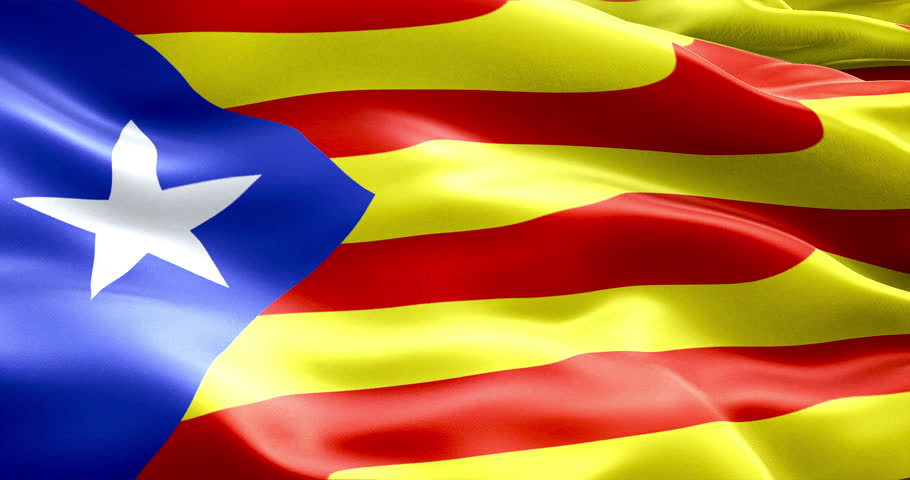
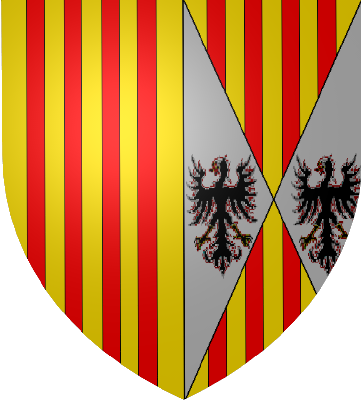
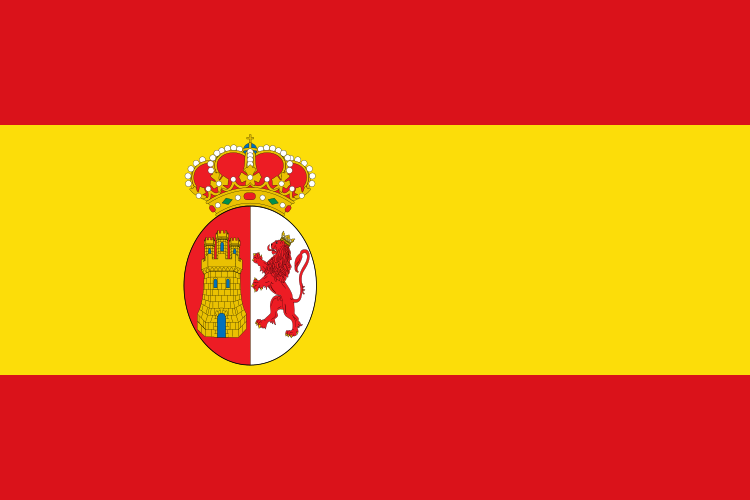
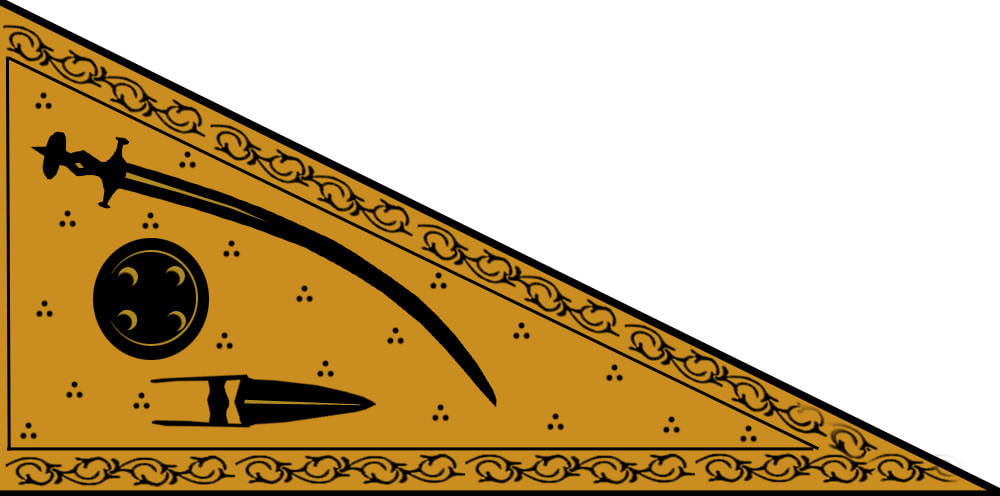
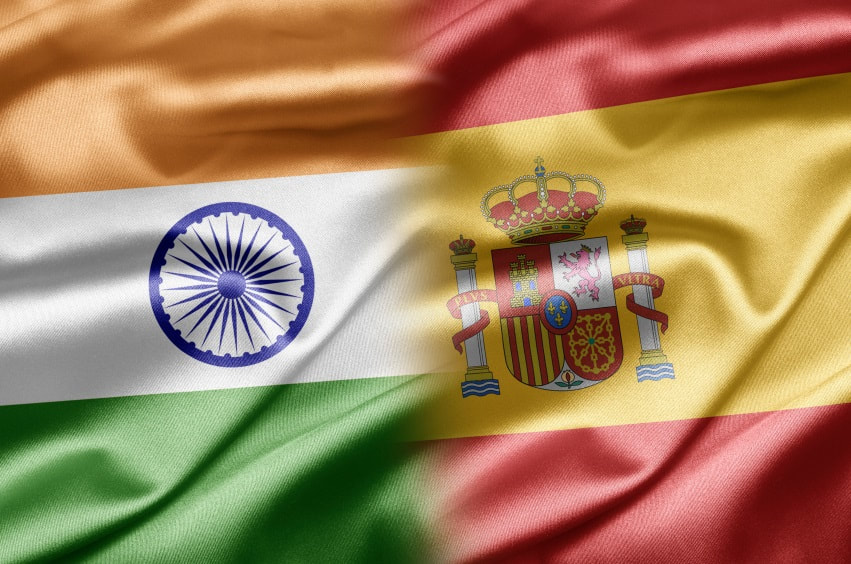
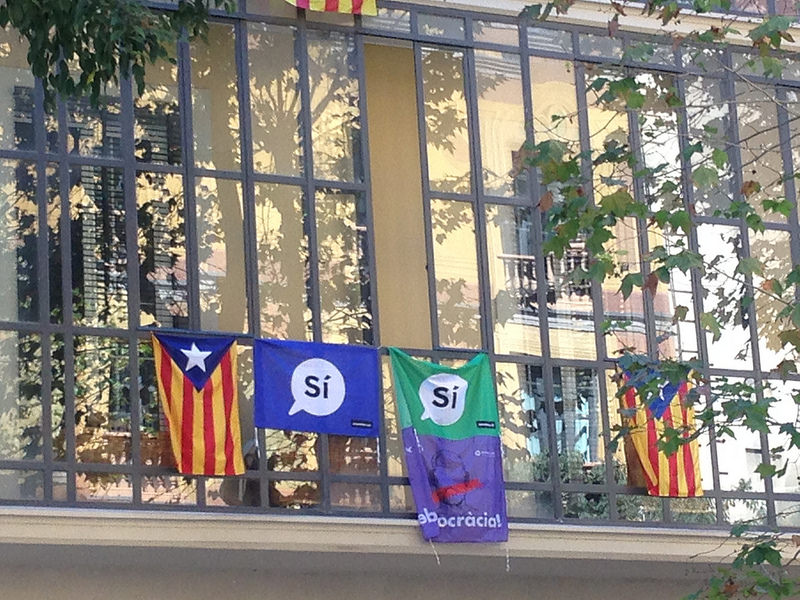
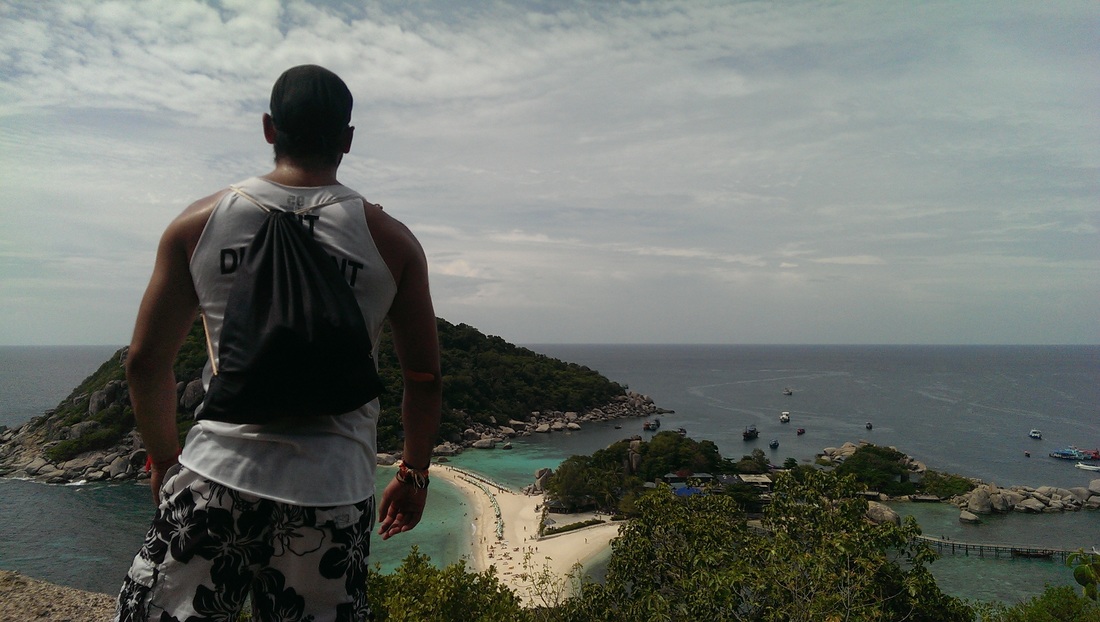
 RSS Feed
RSS Feed